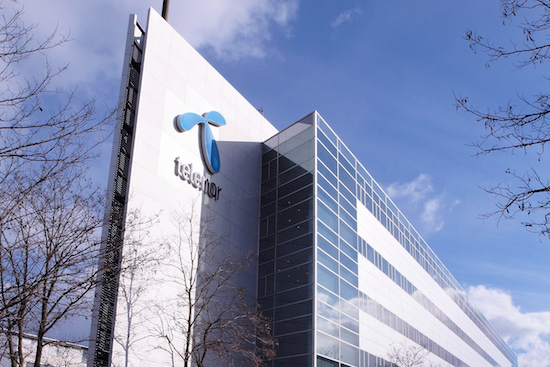Telenor is aiming to establish Norway as a “national powerhouse” for artificial intelligence after partnering on a new lab to develop enterprise solutions.
The operator is working with NTNU, the Norwegian University of Science and Technology, and cross-industry research organisation SINTEF to build an Open AI Lab.
It will expand on the work already underway between Telenor and NTNU in Trondheim, which opened in 2016 and has focused on AI, machine learning and big data.
The three organisations have issued a call to Norwegian companies to collaborate and develop new research, education and innovation in the field. Among the companies that have already signed up are financial services company DNB, classification business DNV and energy company Equinor.
A Telenor spokesperson said Norway could become a global leader in the field “thanks to its advanced ICT infrastructure, purchasing power, competence and a population with above-average technological literacy”. They added that a strong AI ecosystem would strengthen the country’s economy.
[Read more: Telia, Ericsson say 5G could save lives as Nordic PMs vow to back parallel deployment]
Telenor’s CEO Sigve Brekke said: “Norway needs a national strategy for artificial intelligence. With the expansion of the Norwegian AI Lab, more actors can benefit from the advantages and opportunities of artificial intelligence, and Norwegian industries will strengthen their collaboration, which will ultimately contribute to such a strategy.”
Alexandra Bech Gjørv, CEO of SINTEF, added: “It is critical that we build Norway’s competence within artificial intelligence. Norwegian industry faces challenges and requirements that can’t be solved by using off-the-shelf solutions. SINTEF looks forward to developing technology that can strengthen industry’s competitive advantage.”
Earlier this summer, Telenor Group was picked to lead a European Union project exploring how the deployment of 5G could be speeded up through technology such as network slicing and virtualisation.


